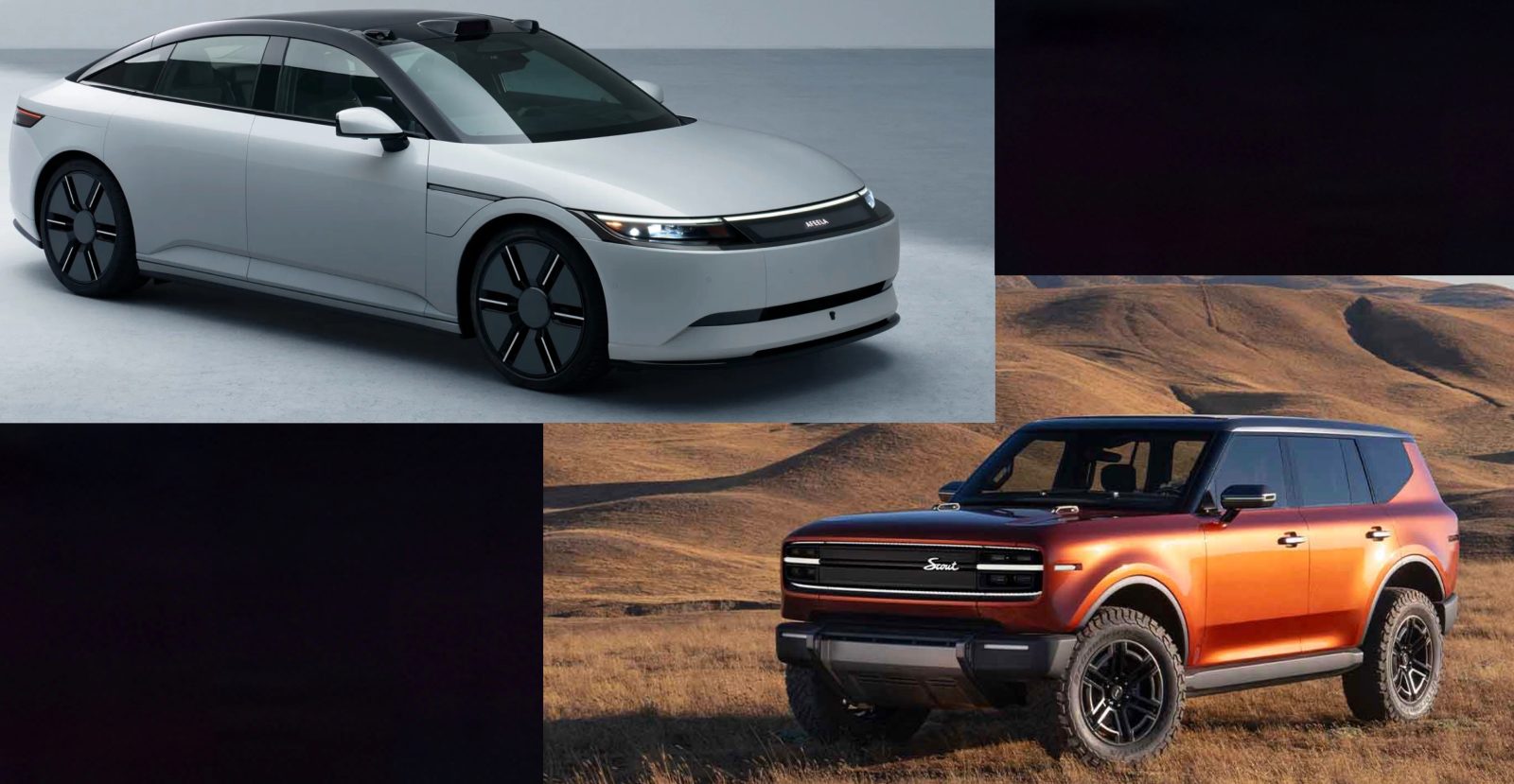Dealer Lawsuits Threaten EV Innovation: Sony Honda and Scout Face Traditional Retail Challenges
The electric vehicle revolution is facing an unexpected roadblock from an entrenched segment of the automotive industry: traditional dealerships. As new EV brands attempt to pioneer direct-to-consumer sales models, they find themselves entangled in legal battles that could define the future of car buying in America.
Key Highlights
- Legal Challenges: Traditional car dealership associations are filing lawsuits against new EV manufacturers attempting direct sales models.
- Targeted Brands: Sony Honda Mobility's Afeela and Volkswagen's Scout brands are among the primary targets of these legal actions.
- State Franchise Laws: Dealers are leveraging longstanding state franchise laws that prohibit or restrict manufacturer direct sales to consumers.
- Industry Implications: The outcome of these lawsuits could significantly impact how all electric vehicles are sold and distributed in the United States.
The Battle for Automotive Retail's Future
The automotive retail landscape is undergoing its most significant transformation since the invention of the assembly line. Electric vehicle manufacturers, particularly those launching as new brands, are challenging the century-old franchise dealership model that has dominated American car sales. This confrontation represents more than just a business dispute—it's a fundamental clash between legacy systems and innovation-driven market approaches.
Why Dealerships Are Fighting Back
Traditional dealership associations argue that franchise laws exist to protect consumers and ensure fair competition. They maintain that the established system provides price competition between dealers, local employment opportunities, and convenient service locations. However, critics counter that these laws primarily serve to protect dealership profits and create an unnecessary intermediary between manufacturers and consumers.
The dealer backlash comes as the industry faces unprecedented change. Electric vehicles require less maintenance than internal combustion engines, potentially threatening the lucrative service departments that dealerships rely on. Additionally, the direct sales model allows manufacturers to maintain consistent pricing and customer experience, something traditional dealerships have struggled to provide uniformly.
Key Players in the Legal Confrontation
The legal battles are focusing on several prominent EV entrants who represent the greatest threat to the status quo.
Sony Honda's Afeela: Technology Meets Tradition
The Sony Honda joint venture, operating under the name Afeela, represents the convergence of automotive manufacturing and technology expertise. Their approach emphasizes software-defined vehicles and seamless digital experiences that align naturally with direct consumer relationships. Dealership associations have targeted Afeela precisely because its tech-forward approach bypasses many traditional dealership functions.
Volkswagen's Scout: An Iconic Revival Faces Modern Hurdles
Volkswagen's decision to resurrect the Scout brand as an all-electric off-road vehicle company has encountered unexpected resistance. Despite Scout's historical legacy, dealership associations are challenging its proposed direct sales approach, demonstrating that even established automakers face obstacles when creating new distribution models for electric vehicles.
| EV Brand | Parent Company | Dealer Association Challenges | Current Status |
|---|---|---|---|
| Afeela | Sony Honda Mobility | Multiple state lawsuits blocking direct sales | Ongoing litigation |
| Scout | Volkswagen Group | Franchise law challenges in key markets | Legal proceedings ongoing |
| Other EV Startups | Various | Varying restrictions across states | Mixed results by jurisdiction |
The Broader Implications for EV Adoption
These legal battles extend far beyond corporate interests, potentially affecting the pace of electric vehicle adoption nationwide. Direct sales models often allow for better consumer education about EV technology, which is crucial for overcoming adoption barriers. The traditional dealership model, while familiar, has sometimes been criticized for sales personnel who lack specific EV knowledge or even actively discourage EV purchases due to lower maintenance revenue potential.
Consumer Experience at Stake
The outcome of these legal challenges will significantly impact the consumer car-buying experience. Direct sales models typically offer fixed pricing, online purchasing options, and home delivery—features that modern consumers increasingly expect. The traditional negotiation-based dealership model, while familiar to many, often ranks among consumers' least favorite retail experiences.
Potential Resolutions and Industry Evolution
Some industry analysts suggest hybrid models may emerge, combining manufacturer-owned showrooms for experience and test drives with online direct sales. Other proposals include reformed franchise laws that acknowledge the unique characteristics of electric vehicles while preserving some dealership functions. The eventual resolution will likely shape not only how EVs are sold but how all vehicles are marketed and distributed in the coming decades.
Conclusion
The legal confrontations between traditional dealership associations and emerging EV manufacturers represent a critical inflection point for the automotive industry. As companies like Sony Honda's Afeela and Volkswagen's Scout attempt to innovate not just their vehicles but their sales approaches, they challenge regulations written for a different era. The outcome of these battles will determine whether America's electric vehicle future will be distributed through century-old systems or whether innovation in vehicle technology will be matched by innovation in how consumers access these revolutionary products. What remains clear is that the path to electrification involves overcoming not just technological hurdles but institutional ones as well.


